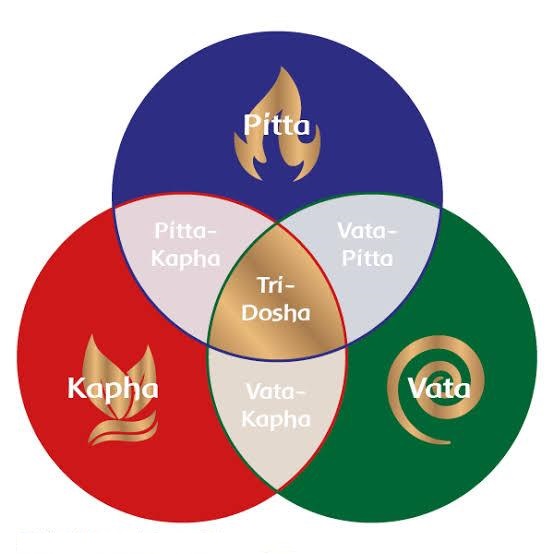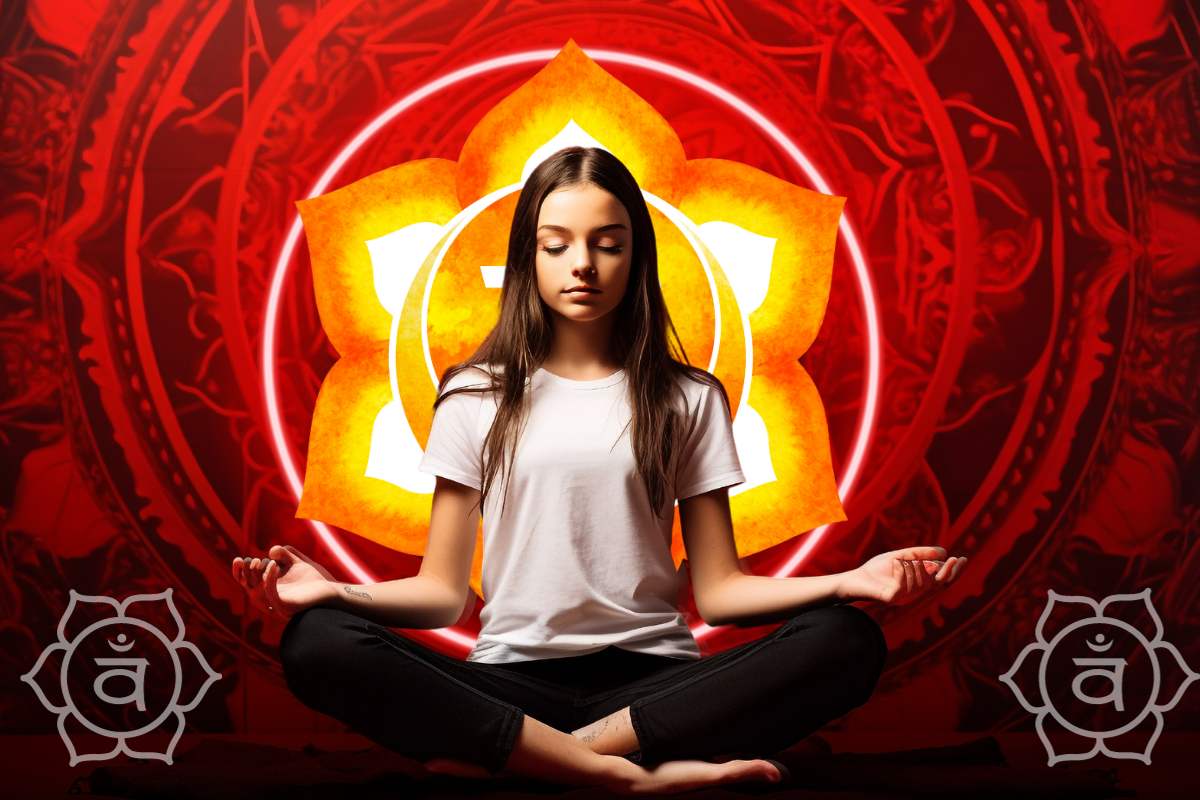Ayurvedic Lifestyle Consultant
AYURVEDA

Ayurvedic medicine is based on the idea that the world is made up of five elements - aakash (space), jala (water), prithvi (earth), teja (fire), and vayu (air).
A combination of each element results in three humors, or doshas, known as vata, kapha, and pitta. These doshas are believed to be responsible for a person's physiological, mental, and emotional health .
Every person is said to have a unique ratio of each dosha, usually with one standing out more than the others. For example, a person may be mostly pitta while another may be mostly vata. An Ayurvedic practitioner can help you determine your dosha.
A person's unique ratio of vata, kapha, and pitta is said to define their Ayurvedic constitution, a blueprint to achieve optimal health.
Though there's little evidence to prove the legitimacy of doshas, many proponents of Ayurveda point to a lack of studies and funding on the subject. Rather than discrediting the practice, they believe more research should be done to support its efficacy.
SUMMARY
According to Ayurveda, a person's health is based on their dosha - a balance of the five elements of the world known as air, earth, space, water, and fire.
What does each dosha look like?
Based on centuries of Ayurvedic practice, an Ayurvedic practitioner can determine one's dosha based on physical, emotional, mental, and behavioral characteristics. Here's a general overview of each dosha.
Vata
Vata consists mostly of the two elements air and space (also known as ether) and is generally described as cold, light, dry, rough, flowing, and spacious. Autumn represents vata for its cool, crisp days.
Those with the vata dosha are usually described as slim, energetic, and creative. They're known for thinking outside the box but can become easily distracted. What's more, their mood is highly dependent on the weather, people around them, and foods they eat.
Strengths: learn quickly, highly creative, multitasker, kind-hearted, flexible, on the go, naturally slim
Weaknesses: forgetful, anxious, unstable mood, can get overwhelmed easily, highly sensitive to the cold, has trouble sleeping, irregular appetite and eating patterns, prone to digestive issues and gas, poor circulation (cold hands and feet)
According to Ayurveda, for optimal health, a vata-dominant person should follow a regular daily routine, manage stress through meditation and other calming activities, and maintain a
warm body temperature by avoiding cold weather and consuming warm foods and drinks.
Kapha
Kapha (pronounced 'kuffa') is based on earth and water. It can be described as steady, stable, heavy, slow, cold, and soft. Spring is known as kapha season, as many parts of the world slowly exit hibernation.
People with this dosha are described as strong, thick-boned, and caring. They're known for keeping things together and being a support system for others. Kapha-dominant people rarely get upset, think before acting, and go through life in a slow, deliberate manner
Strengths: empathetic, caring, trusting, patient, calm, wise, happy, romantic, strong bones and joints, healthy immune system
Weaknesses: prone to weight gain, slow metabolism, sluggishness, over-sleeping, breathing issues (i.e., asthma, allergies), higher risk of heart disease, mucus buildup, susceptible to depression, needs regular motivation and encouragement
For good health, a kapha-dominant person should focus on regular exercise, a healthy diet, maintain a warm body temperature (e.g., by sitting in a sauna or eating warm food), and establish a regular sleep routine.
Pitta
Known for being associated with a tenacious personality, the pitta dosha is based on fire and water. It's commonly described as hot, light, sharp, oily, liquid, and mobile. Summer is known as pitta season for its sunny, hot days.
People with pitta are said to usually have a muscular build, be very athletic, and serve as strong leaders. They're highly motivated, goal-oriented, and competitive. Still, their aggressive and tenacious nature can be off-putting to some people, which can lead to conflict .
Strengths: intelligent, purposeful, learns quickly, self-determined, masters skills easily, strong desire for success, strong, natural leaders, quick metabolism, good circulation, healthy skin and hair
Weaknesses: impatient, prone to conflict, always hungry, mood swings when hungry, prone to acne and inflammation, sensitive to hot temperatures
Those with a pitta-dominant dosha should focus on work-life balance and avoid extreme heat (e.g., weather, spicy food).
SUMMARY
Though it's believed that each person has a unique constitution, they generally fall under one of three main dosha types - vata, kapha, and pitta - based on their body type, personality, and sensitivities.





































